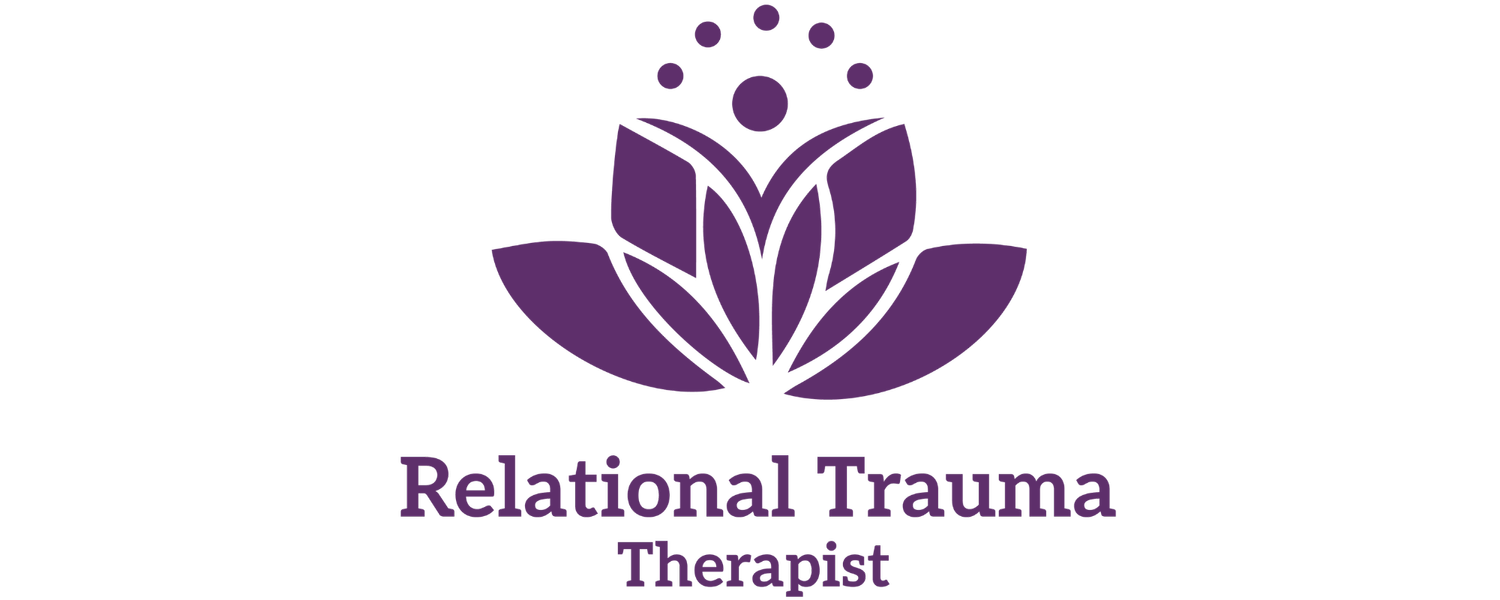Rebuilding Confidence and Self-Worth After Abuse
Let’s talk about something that doesn't get enough attention: how much confidence abuse can steal from you. It doesn’t always happen overnight. Sometimes, it’s chipped away slowly through every dismissive comment, every guilt trip, every time you were made to feel like your needs were too much.
So if you’re reading this and wondering why it feels so hard to trust yourself, to speak up, or to feel proud of who you are, it makes sense. It really does. For many survivors, especially those recovering from narcissistic abuse or childhood sexual trauma, reclaiming self-worth is one of the hardest parts of healing.
The Weight of What You've Survived
Abuse, whether emotional, verbal, psychological, or physical, reshapes the way we see ourselves. You start to believe things about yourself that just aren’t true. That you’re too emotional. Too needy. Not enough. Or maybe too much.
These beliefs don’t come from who you are. They come from how you were treated. For many, these false beliefs are rooted in childhood sexual trauma, generational abuse, or the abuse cycle of a narcissist. Reclaiming self-worth is one of the hardest parts of healing.
But here’s what I need you to hear: That version of you who shrank to survive? She was doing her best. She got you through it. And now? You get to come back home to yourself.
Confidence Recovery Starts Quietly
You don’t have to feel brave to start healing. You just have to be willing to notice. That inner critic? It may still sound like someone else’s voice. The self-doubt? That’s not who you are, it’s who you had to become to stay safe.
Healing doesn’t have to happen all at once; it’s about small, intentional steps. As highlighted in Rebuilding Self-Esteem After Abuse: Tools for Healing and Growth by DVAP Riverside, practices like journaling, affirmations, and setting achievable goals can help survivors gradually rebuild confidence. The article also emphasizes the role of Cognitive Behavioral Therapy (CBT), trauma-focused therapy, and community support groups in providing pathways for transforming self-doubt into resilience.
Small ways to start healing from abuse:
Speak kindly to yourself. Literally, out loud. Replace "I’m so stupid" with “I’m learning.”
Set one boundary this week that protects your peace, even if it feels uncomfortable.
Write down three things you did well today. Yes, even getting out of bed counts.
Limit time with people who drain your energy. Even if you don’t fully cut them off, protect your space.
If you’re working through the symptoms of PTSD from sexual trauma or narcissistic abuse, small daily practices like these can help retrain your nervous system. Many people also benefit from modalities like cognitive behavioral therapy for anxiety, which focuses on shifting harmful thought patterns.
Rebuilding Self-Worth After Toxic Relationships
Self-worth doesn’t come from being perfect. It comes from reminding yourself, over and over, that you are worthy, especially when that old shame voice tries to convince you otherwise.
You might be wondering, “But how do I even start believing that?”
Here are a few places to begin:
Keep a confidence file. Screenshots of kind messages, compliments, things you’re proud of. Read it when doubt creeps in.
Spend time doing things that connect you back to you. Art, music, walking, baking, reading. Not to be productive, just to be you.
Surround yourself with people who reflect back your strength, not just your wounds.
Healing from narcissistic abuse, covert narcissistic abuse, or any kind of relational trauma recovery often requires long-term support. Professional support from a trauma-informed therapist or cognitive behavioral therapy near me can also be life-changing when rebuilding self-worth.
You may also consider seeking a therapist specializing in trauma or exploring trauma cognitive behavioral therapy. These methods are especially effective in treating trauma and addiction recovery, as well as the long-term symptoms of sexual trauma.
What Confidence Looks Like Now
Confidence post-abuse isn’t about being loud or bold or fearless. It might look like:
Asking for what you need.
Saying “no” without explaining.
Letting yourself rest without guilt.
Crying and not apologizing for it.
It might still feel shaky. That’s okay. Healing is rarely loud. But each time you choose yourself, each time you take up just a little more space, you’re doing it. You’re coming back.
Many survivors of narcissistic abuse report going through the stages of narcissistic abuse, from idealization to devaluation to discard, which can leave lasting damage on self-trust. If this sounds familiar, connecting with a narcissistic abuse therapist near me or joining a narcissist abuse support group may offer community and validation.
You’re Allowed to Feel Proud
You’ve already survived so much. And now, you’re learning to thrive. You’re allowed to be proud of that. Of the smallest shifts. Of the fact that you’re even reading this right now. That’s not nothing.
So today, try this: Put your hand over your heart. Take a deep breath. And whisper to yourself, “I’m doing a good job.” Because you are. This simple self-compassion exercise can be powerful in breaking generational cycles of shame, self-blame, and silence.
Consider connecting with a trauma recovery coach if you need continued support.
And if you need a gentle space to keep growing, learning, and healing? I’d love to have you join my Trauma Healing Membership, where we work together to do exactly that.
You’re not broken. You’re rebuilding. You've got this.
FAQs
How do you regain self-worth after emotional abuse?
To regain self-worth after emotional abuse, practice self-compassion, set boundaries, and challenge internalized negative beliefs. Working with a trauma-informed therapist can also help you rebuild trust in yourself and others.
Why is it hard to rebuild confidence after narcissistic abuse?
It’s difficult to rebuild confidence after narcissistic abuse because emotional manipulation often damages self-esteem. Healing requires time, self-compassion, and support from professionals who understand trauma recovery.
Can therapy help with rebuilding self-worth after abuse?
Yes. Trauma-informed therapy helps survivors rebuild self-worth after abuse by addressing shame, trauma responses, and self-doubt. Therapies like CBT or EMDR help reframe distorted beliefs and foster emotional resilience.
How long does it take to rebuild self-confidence after abuse?
Healing after emotional abuse is different for everyone. With consistent therapy, self-care, and support, many survivors notice gradual improvements in confidence within a few months, though deeper healing can take longer.
How does trauma affect confidence and self-worth?
Trauma often damages confidence and self-worth by creating patterns of self-doubt and fear. Understanding how trauma shapes your beliefs is essential for emotional healing after abuse and rebuilding a stronger sense of self.


